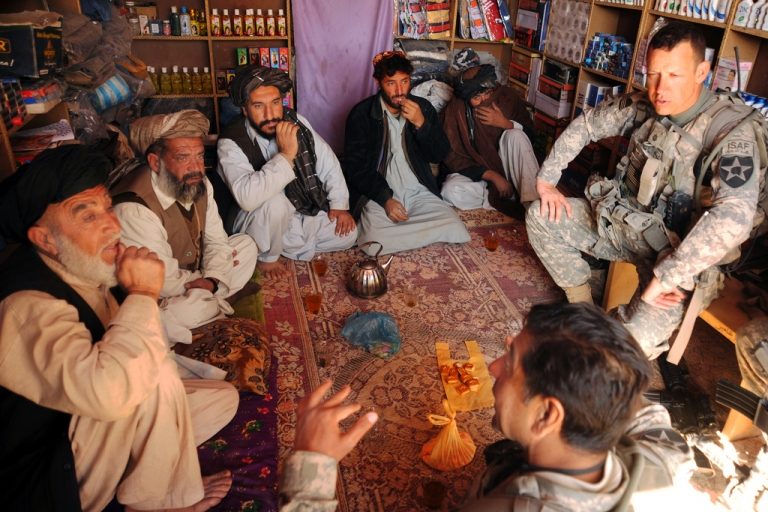As interpreters find themselves vulnerable in zones of conflict, professional organisations are demanding they are provided with international protection.
Interpreters working in zones of conflict regularly find themselves in unthinkably vulnerable and unprotected situations. For some years now, the civil associations representing their interests have been demanding that national and international political authorities, businesses and contracting humanitarian NGOs recognise their professionalism and guarantee their safety in the face of such a hostile lifestyle of threats, persecutions and death.
In order to save money, both public and private institutions are hiring locals, who lack any sort of appropriate language or interpretation training, rather than using professionals. They offer low salaries, inadequate life and health insurance, leaving these ‘interpreters’ in the hands of groups who view them as enemies as soon as humanitarian or military forces pull out from the area.
People do not recognise the work of interpreters in zones of conflict as equivalent to that of a professional who endeavours to impartially facilitate a dialogue between cultures. Despite working as intermediaries between armed forces, law enforcement agencies, or journalists, local interpreters and their families are hounded, as much as professionals, by regional fronts that consider them traitors to the cause or collaborators with their employers. The associations of professionals have indicated that this risk leads to less and less people specialising in this kind of interpretation service as well as less being willing to travel to work in such dangerous areas.
The levels of disregard for interpreters are so extreme that Linda Fitchett, coordinator of the project ‘Interpreters in Zones of Conflict’, part of the ‘International Association of Conference Interpreters’ (AIIC), has noted that there is no official record for interpreters who are killed or injured in the field, only handfuls of figures noted by official sources or forms of media without any organised procedures for gathering and compiling information. The voluntary nature of interpreting organisations makes monitoring these processes difficult.
To give interpreters a voice, different institutions are uniting their resources in order to produce awareness campaigns, demanding a legislation to protect interpreters just as the Geneva Convention did for journalists and the International Committee of the Red Cross (ICRC), offering them international humanitarian rights as civilians who have no involvement in the conflict.
In 2012, the AIIC, the International Federation of Translators and Red T presented a practical guide that aims to inform those offering interpretation services in conflict zones of their rights, responsibilities and recommended practices. In turn, they were motivated to produce open letters to the greatest political powers in the world, hoping they would give the issue some attention.
As a result of this debate, these organisations succeeded in receiving a Declaration of the Council of Europe which encourages help to be given to interpreters in war zones in the same way that the ICRC receives protection. This international document is the first that recognises the lack of legal statute for interpreters.
Currently, efforts are being made to gather 50 thousand signatures in order to present a petition to the United Nations that demands a similar statement of support. And, whilst NGOs fight for their rights remotely, interpreters continue to risk their lives on a daily basis.
Translation into English: Madeleine Hancock
Discover our interpretation agency.



